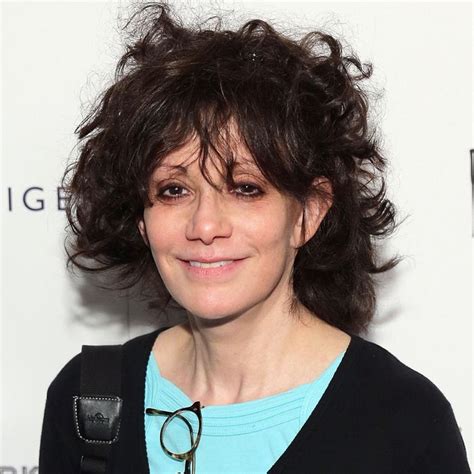A Quote by Noam Chomsky
I don't feel that I have anything to say beyond moral truisms.
Related Quotes
If there is no absolute moral standard, then one cannot say in a final sense that anything is right or wrong. By absolute we mean that which always applies, that which provides a final or ultimate standard. There must be an absolute if there are to be morals, and there must be an absolute if there are to be real values. If there is no absolute beyond man's ideas, then there is no final appeal to judge between individuals and groups whose moral judgments conflict. We are merely left with conflicting opinions.
People in office have to become models of correct behaviour. What they say and how they act should be beyond criticism. And when they commit the slightest mistake, they should quit their office on moral grounds without waiting to be proved guilty. Moral values must take centre stage in all walks of life.
A more appropriate expansion is the statement "it is the responsibility of intellectuals to speak the truth and expose lies" a transcript of a talk to a writers conference in Australia in 1996, where I had been asked to talk on "writers and intellectual responsibility" - a question that I said I found "puzzling," because I knew of nothing to say about it beyond truisms, though these were perhaps worth affirming because they are "so commonly denied, if not in words, then in consistent practice."
If you have anything to say, anything you feel nobody has ever said before, you have got to feel it so desperately that you will find some way to say it that nobody has ever found before, so that the thing you have to say and the way of saying it blend as one matter--as indissolubly as if they were conceived together.
If I were to speak your kind of language, I would say that man's only moral commandment is: Thou shalt think.
But a 'moral commandment' is a contradiction in terms. The moral is the chosen, not the forced; the understood, not the obeyed.
The moral is the rational, and reason accepts no commandments.



































